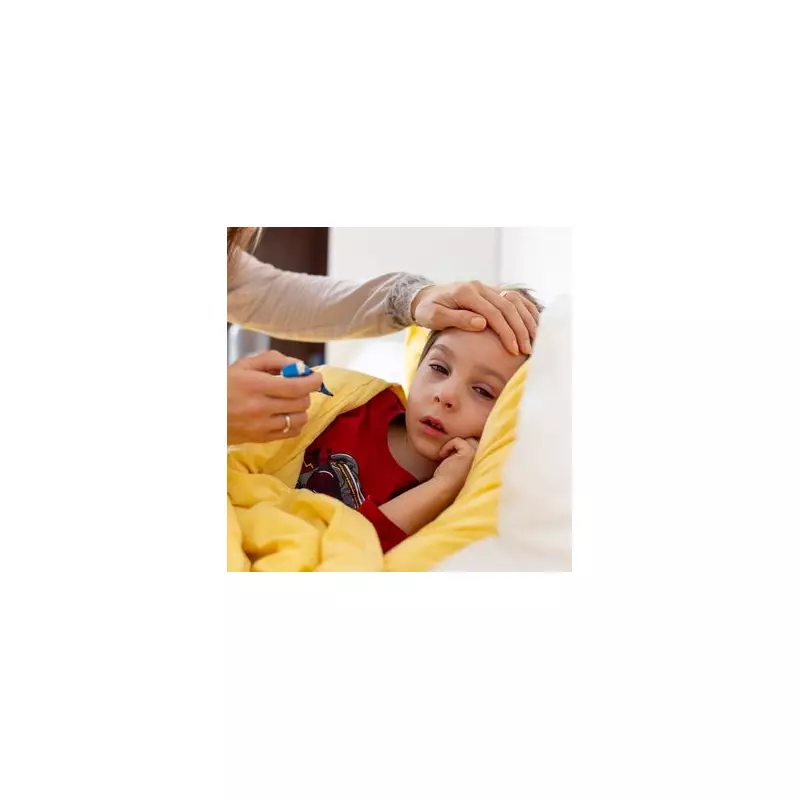
The UK Health Security Agency (UKHSA) has issued an urgent alert as cases of whooping cough continue to surge across the country. Health officials report a significant rise in infections, with numbers reaching a five-year high.
Why the Sudden Spike?
Whooping cough, also known as pertussis, is a highly contagious bacterial infection that affects the lungs. While it can be serious at any age, it poses the greatest risk to infants and young children.
Experts suggest several factors may be contributing to the current outbreak:
- Decreased vaccination rates during the pandemic
- Reduced natural immunity due to social distancing measures
- The cyclical nature of whooping cough outbreaks (typically peaking every 3-5 years)
Symptoms to Watch For
The infection typically begins with cold-like symptoms before progressing to severe coughing fits. Key symptoms include:
- Prolonged coughing bouts that may end with a 'whoop' sound
- Difficulty breathing after coughing
- Vomiting after coughing
- Extreme tiredness
In babies, the disease can be particularly dangerous, potentially leading to pneumonia, seizures, and in rare cases, death.
Vaccination Remains Best Protection
The UKHSA strongly recommends that parents ensure their children receive the routine vaccinations offered by the NHS:
- The first dose at 8 weeks old
- A second dose at 12 weeks
- A booster at 16 months
- A preschool booster at 3 years 4 months
Pregnant women are also advised to get vaccinated between 16 and 32 weeks, as this provides protection to newborns in their first weeks of life.
What Health Officials Are Saying
Dr. Mary Ramsay, Head of Immunisation at UKHSA, stated: 'Whooping cough can be extremely serious for young babies, and the recent rise in cases is deeply concerning. Vaccination remains our best defence against this potentially deadly disease.'
Health professionals are urging parents to check their children's vaccination status and contact their GP if any doses have been missed.





